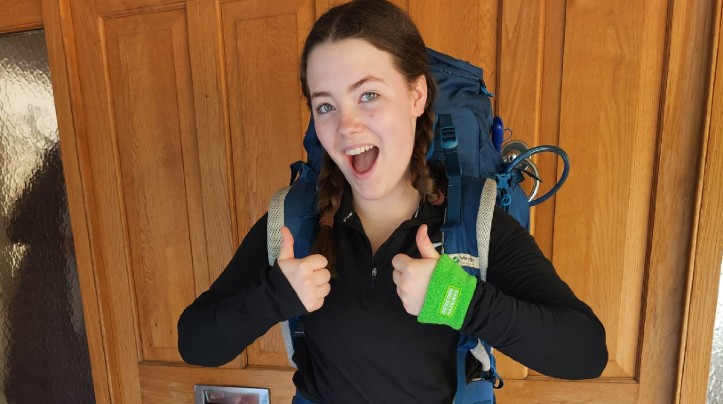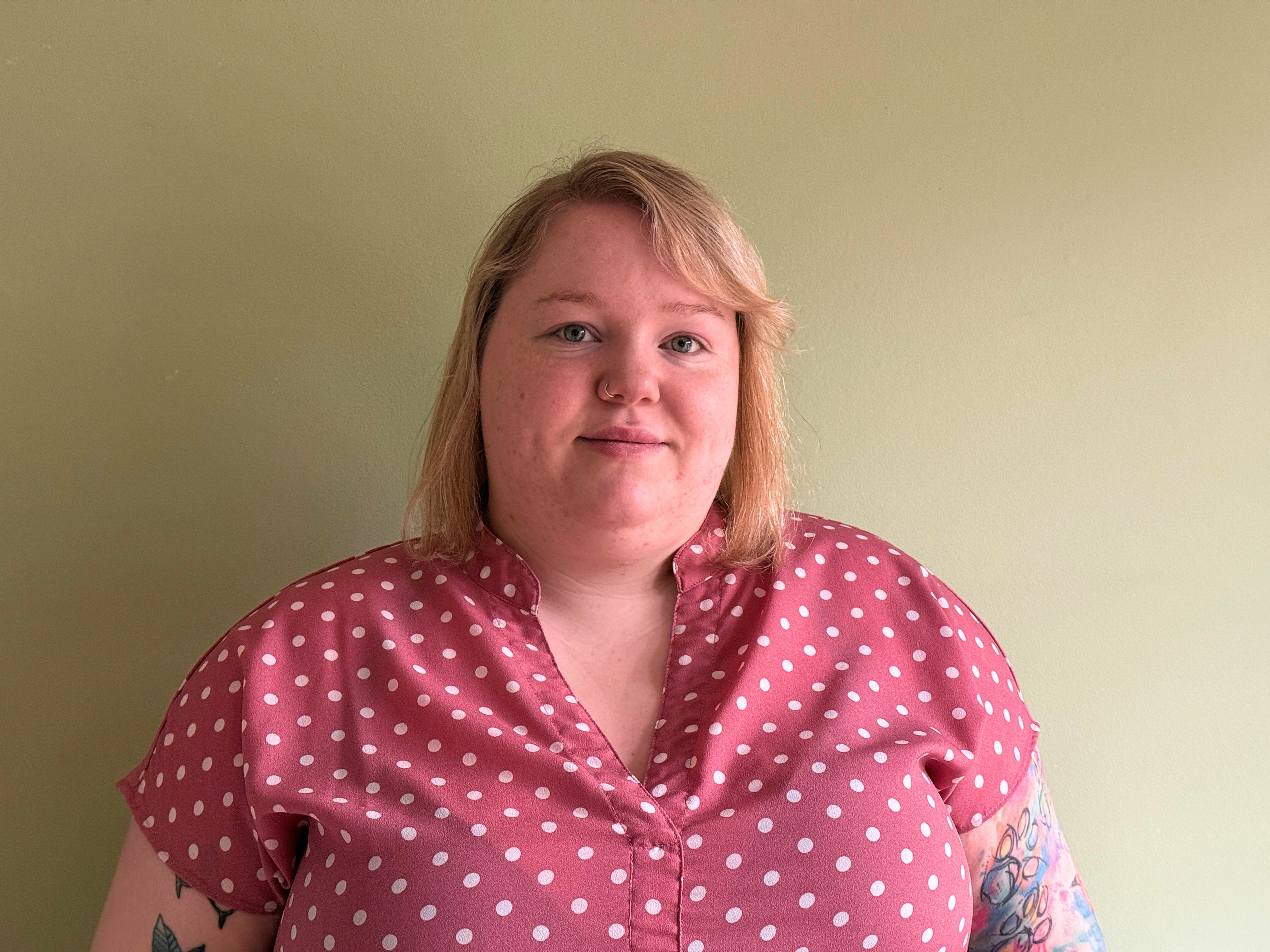
Clare
Mother of Sophie who was diagnosed with type 1 in 2020
I think above all else, everyone needs to know the symptoms of diabetes and recognise the signs of DKA. I wish I had known what to look out for.
Sophie's diagnosis of type 1 diabetes, after falling seriously ill with DKA, at age 13 came as a total shock to her mum, Clare. Now, Clare talks about the importance of recognising the symptoms of DKA as it may help save a life.


